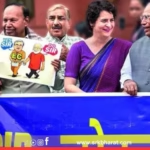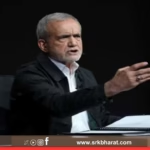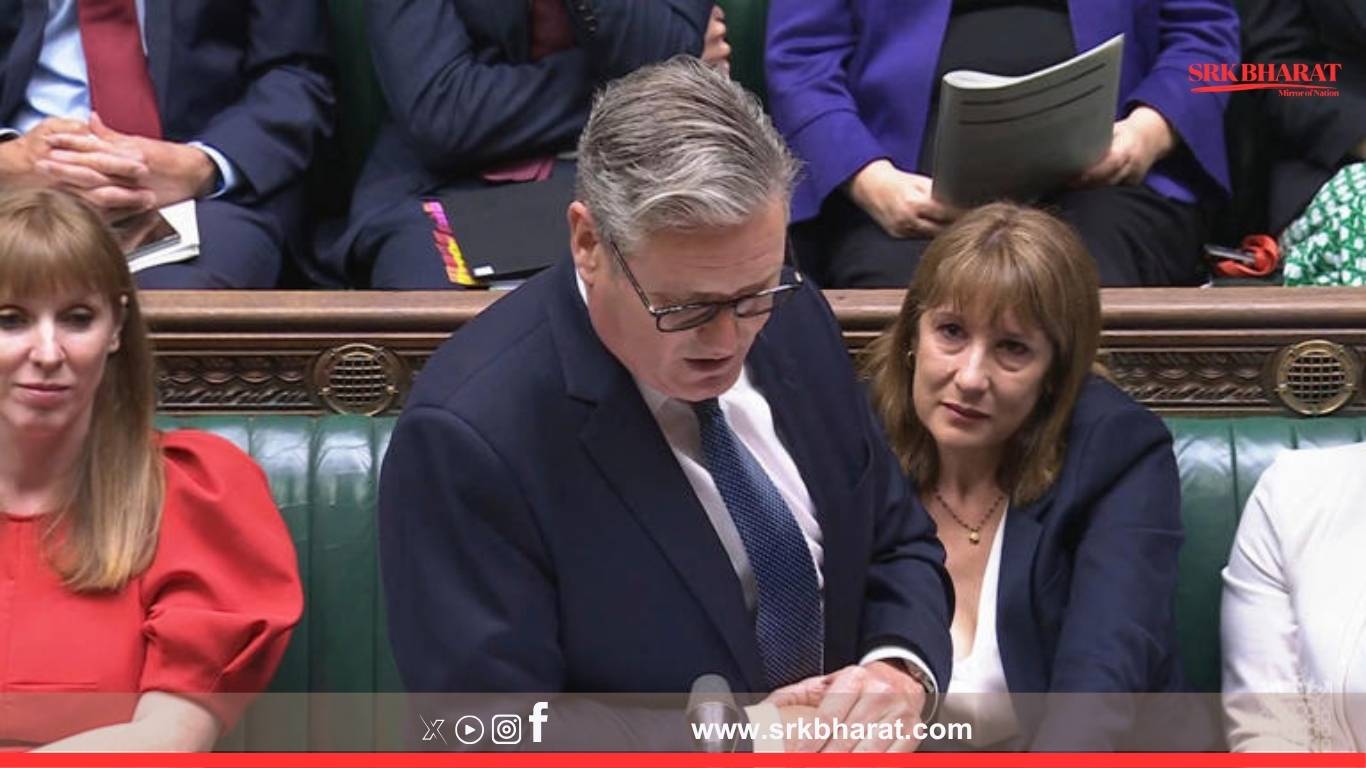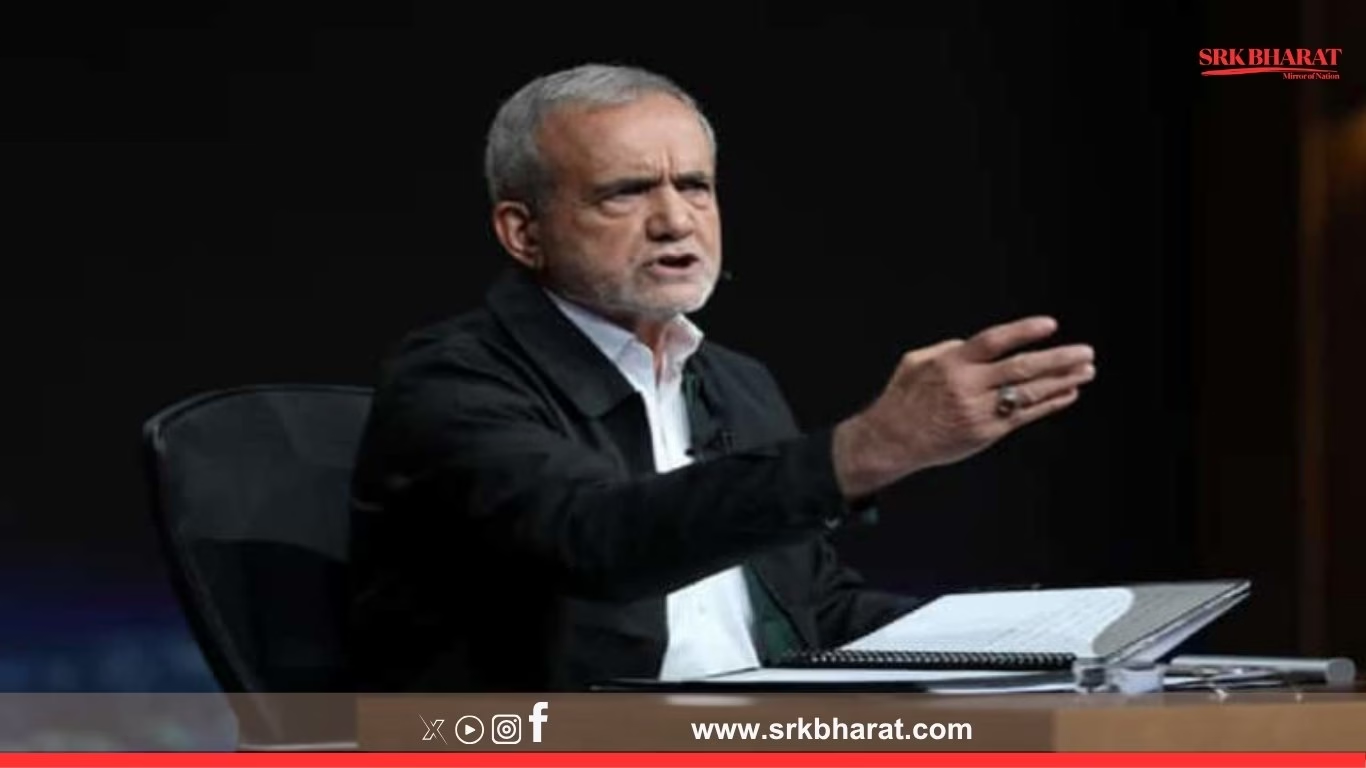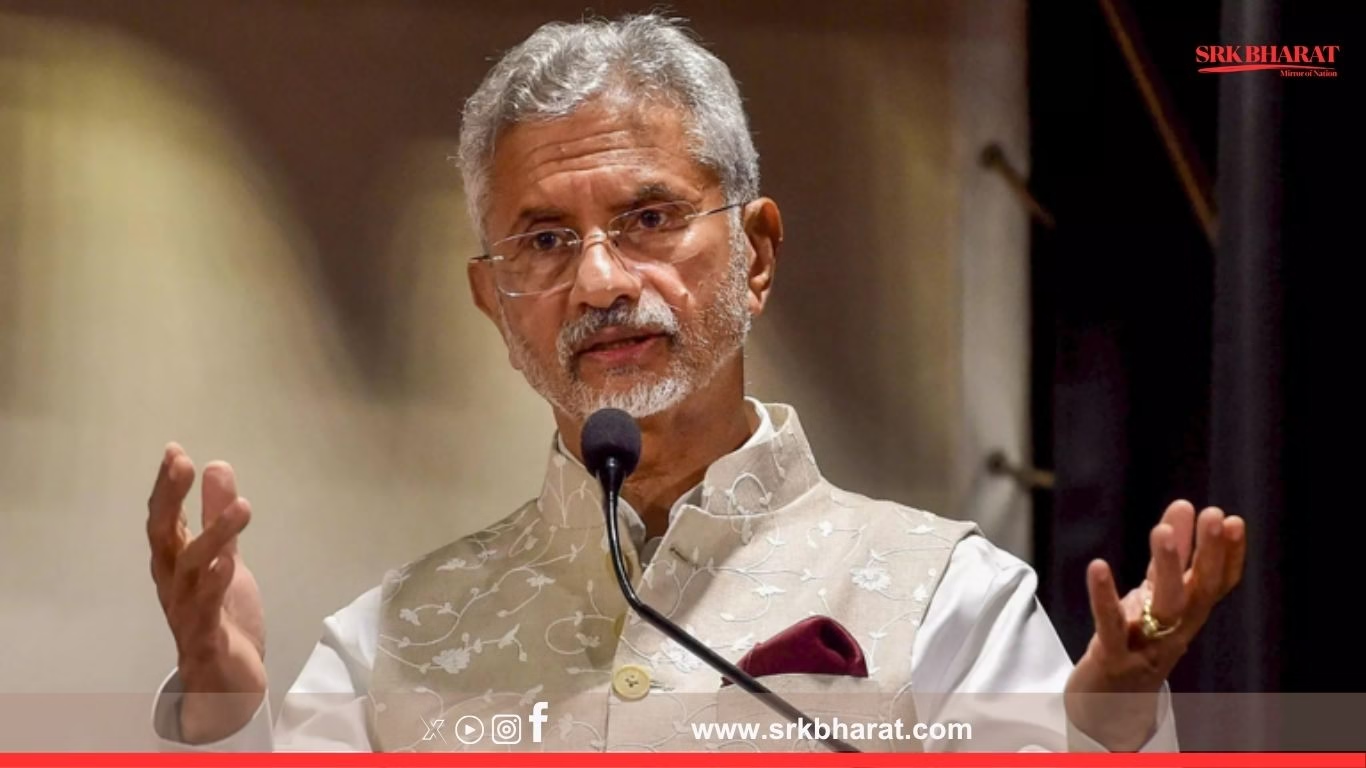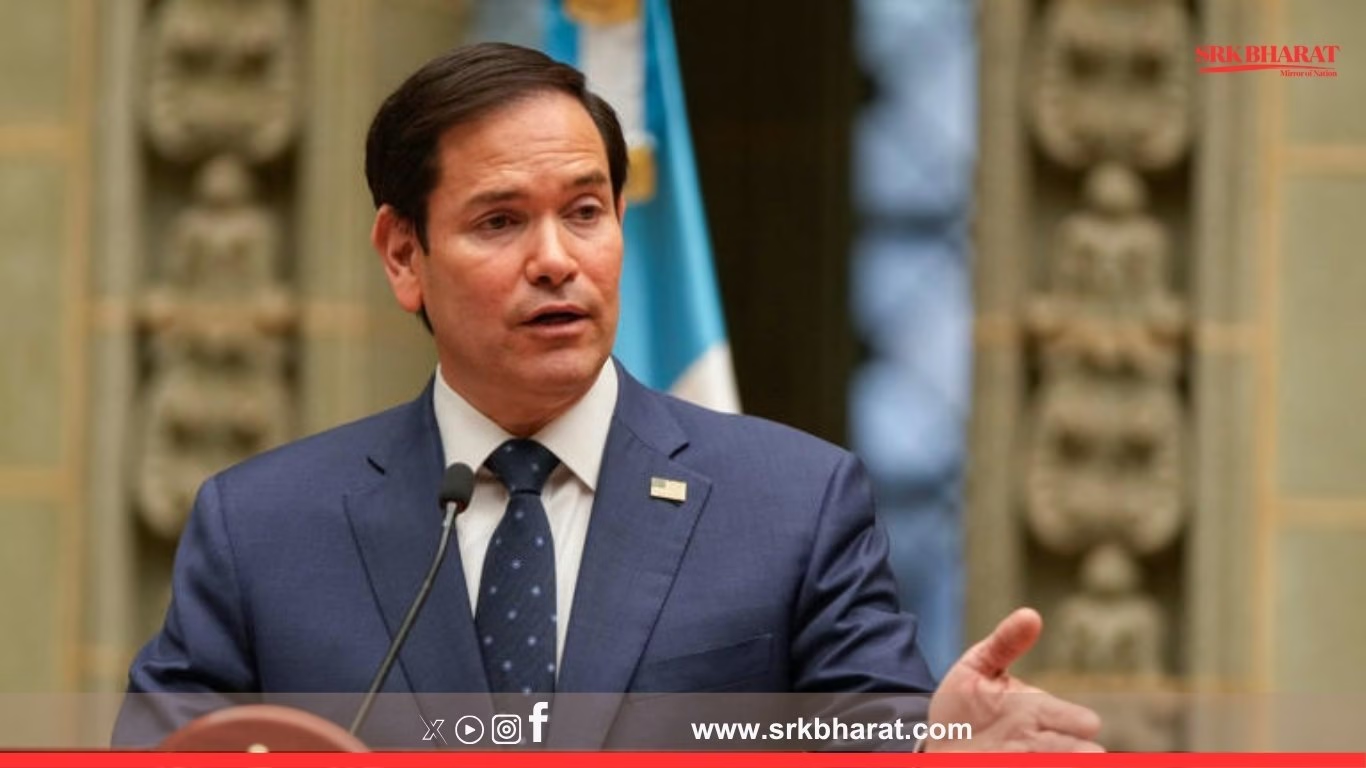In an emotional moment that has sparked national debate, UK Chancellor of the Exchequer Rachel Reeves broke down in the House of Commons on Wednesday during a crucial session outlining the government’s emergency economic relief package. Her tears, while speaking about rising child poverty and family distress amid the cost-of-living crisis, have not only stirred public empathy but also raised critical questions about the Labour government’s policy resilience under Prime Minister Keir Starmer.
What Triggered Rachel Reeves’ Tears?
During her 90-minute address on the Emergency Living Costs Bill, Reeves paused multiple times, visibly choking up as she narrated letters received from single mothers, pensioners, and small business owners facing bankruptcy. Key excerpts from her speech included:
“No child in the UK should go to school hungry, no family should have to choose between heating and eating. This is not a statistic – these are people’s lives, and it keeps me awake at night.”
Her voice cracked as she recalled visiting a community kitchen in Leeds, where a seven-year-old girl asked if her mother could get “extra food for her little brother who cries at night from hunger.”
Context: Britain’s Escalating Cost-Of-Living Crisis
The UK is witnessing its worst living costs crisis in over a decade, driven by:
| Factor | Impact |
|---|---|
| High inflation | Food and energy prices up 14% year-on-year |
| Rising housing rents | Average rent surpasses £1,300/month in many cities |
| Stagnant wages | Real-term income decline for median households |
| Public sector strikes | Teachers, NHS staff demanding pay parity and resource boosts |
Despite PM Keir Starmer’s pledges for economic stability post-Brexit and Covid recovery, families continue to struggle. Reeves’ budget had proposed:
- £15 billion direct family support
- Rent cap extension
- Utility subsidy for low-income homes
- Temporary VAT cuts on essential food items
However, critics argue these measures fall short of tackling structural economic inequality.
Why Rachel Reeves’ Breakdown Matters Politically
- Public Perception Of Compassion:
Reeves’ emotional moment has created a powerful image of a leader deeply affected by citizens’ pain, contrasting sharply with previous Conservative Chancellors often perceived as technocratic or detached. - Pressure On Starmer’s Government:
Her tears underline Labour’s urgent need to deliver on its welfare promises. Any shortfall may be seen as moral as well as policy failure. - Opposition Narrative:
Conservative leader Rishi Sunak stated: “Sympathy is not a substitute for sound economic management. The Chancellor crying will not feed hungry children.” This reflects attempts to frame Labour’s approach as emotional but impractical. - Impact On Labour’s Brand:
Party strategists believe Reeves’ display of empathy strengthens Labour’s brand as a “party for working people,” but only if accompanied by effective action in coming months.
Parliamentary Reactions
The House of Commons saw mixed responses:
- Labour MPs: Rose to support Reeves, with Shadow Health Secretary Wes Streeting describing her as “a compassionate leader Britain deserves.”
- Conservative MPs: Some murmured “performance politics,” questioning whether tears deflect from policy flaws.
- Scottish National Party MPs: Urged immediate devolution of emergency welfare powers to Holyrood to address regional crises faster.
How Did PM Keir Starmer Respond?
PM Starmer, seated next to Reeves during her address, placed a reassuring hand on her arm. Later, he tweeted:
“Proud of Rachel Reeves. Her tears are the tears of millions who trust us to build a fairer Britain. We will not let them down.”
However, internally, Downing Street aides acknowledge the emotional moment raises expectations for immediate, tangible relief, especially with by-elections in key marginal constituencies approaching.
Rachel Reeves: A Brief Profile
| Parameter | Details |
|---|---|
| Age | 46 |
| Party | Labour |
| Position | Chancellor of the Exchequer |
| Education | PPE, Oxford; MSc Economics, LSE |
| Career | Former Bank of England economist; MP for Leeds West since 2010 |
| Known For | Fiscal prudence blended with progressive welfare policies |
Reeves is often regarded as Labour’s economic brain, balancing market credibility with redistributive goals. Her recent budget attempted to prioritise growth investments while keeping deficit targets within the OBR’s sustainability thresholds.
Public Reaction To Reeves’ Tears
Social media trends under #RachelReeves #CostOfLivingCrisis #UKPolitics show polarised yet predominantly sympathetic public sentiment:
- @ClaraMorris: “Finally, a politician who feels our pain instead of shrugging it off with spreadsheets.”
- @EconomistRob: “Empathy is admirable, but solutions matter more. Waiting for implementation details.”
- @ToryBloke76: “If she can’t handle pressure, she should step down. Chancellor’s job is to fix problems, not cry over them.”
Comparison With Past Political Tearful Moments
| Leader | Context | Impact |
|---|---|---|
| Margaret Thatcher (1990) | Resignation speech tears | Humanised her image post-political downfall |
| Theresa May (2019) | Announcing resignation as PM | Mixed views: dignity vs perceived weakness |
| Rachel Reeves (2025) | Cost-of-living speech | Seen as genuine compassion but raises delivery expectations |
What’s Next For Starmer’s Government?
- Emergency Relief Rollout: Rapid disbursement of proposed £15 billion family support within weeks.
- Inflation Management: Engaging with Bank of England on coordinated policy to ease price pressures.
- Political Messaging: Framing Reeves’ tears as a catalyst for stronger policy resolve rather than vulnerability.
- Preparing For Backlash: Opposition parties may intensify criticism if measures fail to lower household costs substantially before winter.
Economic Analyst Viewpoint
Prof. Linda Hughes, LSE:
“Rachel Reeves’ tears were not just personal but political. They reflect a Chancellor torn between fiscal discipline and moral urgency. Starmer’s challenge is to ensure her compassion translates into effective economic change.”
Conclusion
Rachel Reeves’ breakdown in Parliament was a rare moment of raw emotion in British politics, signalling both the depth of the UK’s ongoing economic crisis and the moral burden carried by policymakers. For PM Keir Starmer, it creates an opportunity to reinforce Labour’s compassionate governance narrative – but it also comes with a steep demand for urgent, concrete relief for struggling families.
Disclaimer: This report is based on parliamentary proceedings, economic analysis, and public reactions. Readers are encouraged to follow official government releases for updated policy details.

